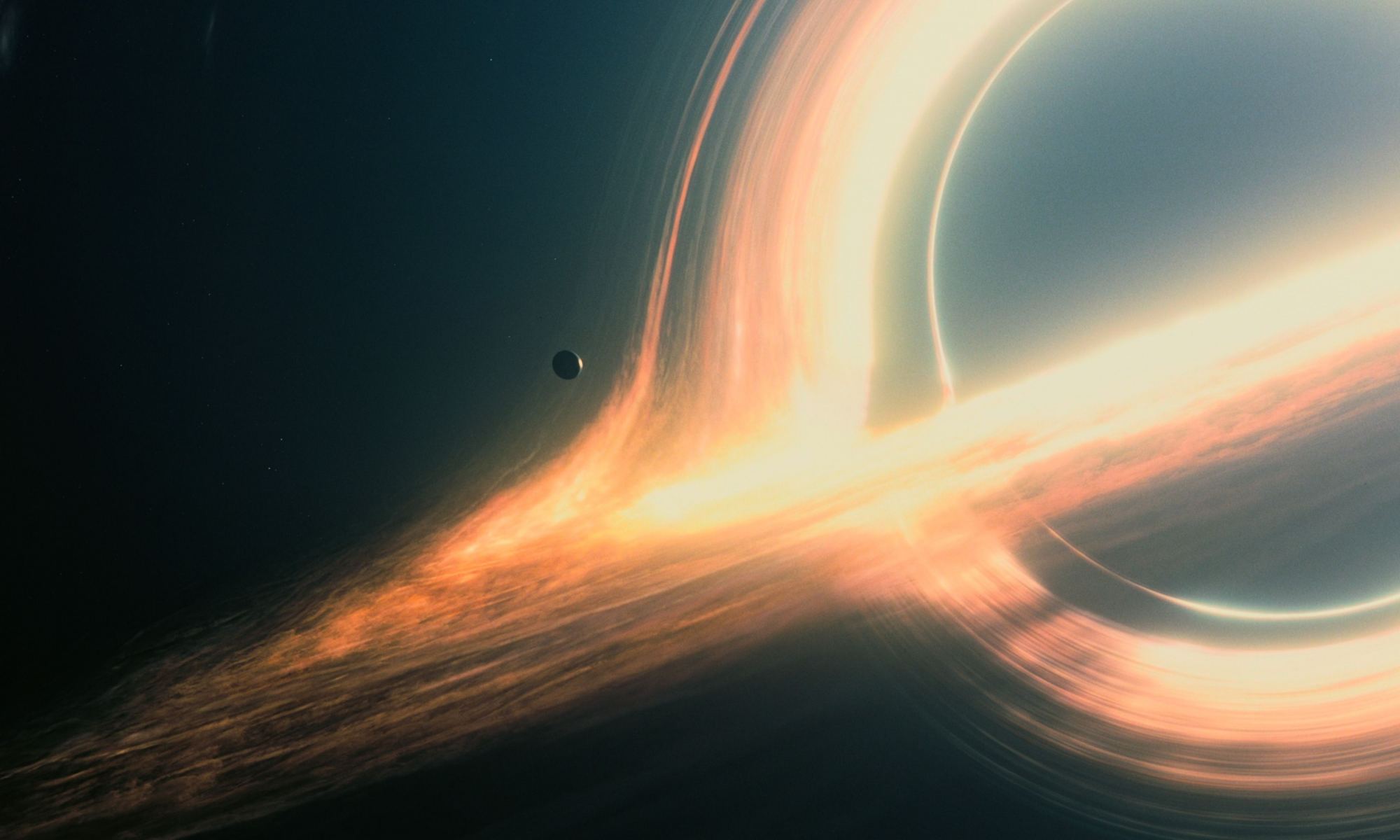Warp drives have a long history of not existing, despite their ubiquitous presence in science fiction. Writer John Campbell first introduced the idea in a science fiction novel called Islands of Space. These days, thanks to Star Trek in particular, the term is very familiar. It’s almost a generic reference for superliminal travel through hyperspace. Whether or not warp drive will ever exist is a physics problem that researchers are still trying to solve, but for now, it’s theoretical.
Continue reading “What if you Flew Your Warp Drive Spaceship into a Black Hole?”New Study Examines the Links Between Science Fiction and Astronomy

“Today’s science fiction is tomorrow’s science fact.” This quote, attributed to Isaac Asimov, captures science’s intricate relationship with science fiction. And it is hardly a one-way relationship. Whereas science fiction is constantly evolving to reflect new scientific discoveries and theories, science itself has a long history of drawing inspiration from the works of visionary authors, filmmakers, and popular culture. And in some cases, where scientists themselves were the visionaries (like Asimov himself), you had an instance of both!
The relationship between the two was the subject of a recent study by Samuel Boissier, a researcher with the Centre National de la Recherche Scientifique (CNRS) and the director of research at the Laboratoire d’astrophysique de Marseille (LAM). In an age when misinformation, “deepfakes,” and deliberate attempts to obscure scientific truths are at an all-time high, examining the interconnection between science, art, and science fiction is very important. According to Boissier, doing so offers people in the scientific community a way to engage with the public in a way that is relatable and accessible.
Continue reading “New Study Examines the Links Between Science Fiction and Astronomy”The First Space War Is Here: Find Out How the Next One May Play Out

Wars in space are no longer just science fiction. In fact, Space War I has been raging for more than two years, with no quick end in sight. This isn’t the kind of conflict that involves X-wing fighters or Space Marines. Instead, it’s a battle over how satellites are being used to collect imagery, identify military targets and facilitate communications in the war between Ukraine and Russia.
“As I looked at Ukraine in the early months, it was obvious to me: This is the first space war,” says David Ignatius, a journalist who lives a double life as a foreign-affairs columnist for The Washington Post and a spy-thriller novelist.
In the latest episode of the Fiction Science podcast, Ignatius delves into the potential national-security threats posed by satellite-based warfare — and how he wove those threats into the plot threads of a new novel titled “Phantom Orbit.” The tale lays out a scenario in which Space War I tips toward a potentially catastrophic Space War II.

